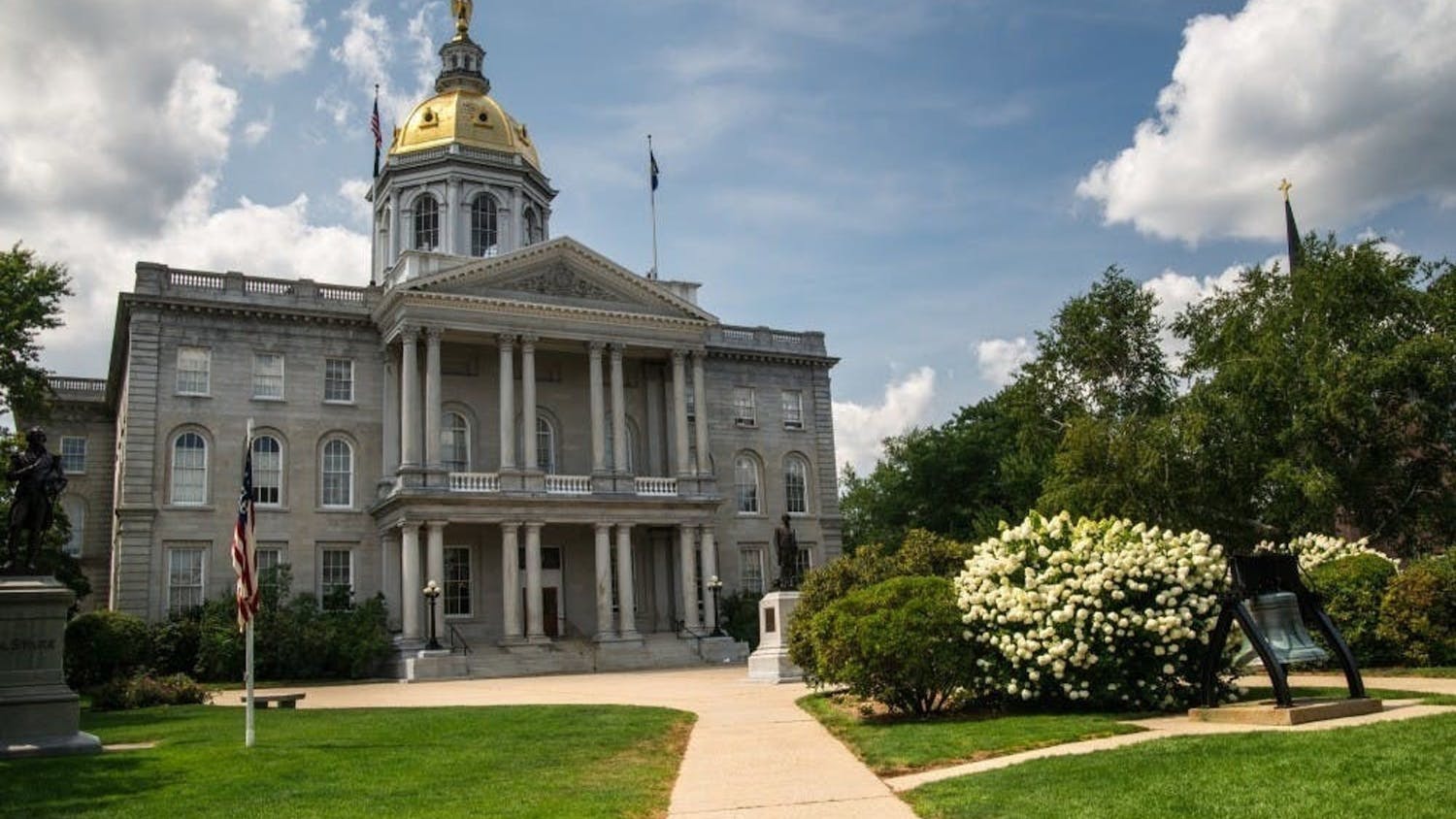New Hampshire will hold its 2008 primary on Jan. 8, earlier than in any previous election cycle, the state announced on Nov. 21. The College, the campaigns and the nation may have difficulty adjusting to the accelerated pace of politics, according to many politically active Dartmouth students and professors.
New Hampshire moved its primary from the previous Jan. 27 date to protect its first-in-the-nation primary status in the face of challenges from other states that are attempting to increase their influence over the nomination process. Michigan, for example, has scheduled a Jan. 15 primary date.
New Hampshire law requires that the state's primary precede all others' by at least seven days, although caucuses, which do not involve electoral ballots, can be scheduled prior to New Hampshire's proceedings.
Professor of government Linda Fowler explained in an e-mail from London that she understands New Hampshire's actions because the New Hampshire primary has historically been the first, but emphasized the potential problems posed by "frontloading" the primary process.
"I think the whole nomination process has become ridiculous," Fowler said. "It is not only extremely hard on the candidates, but has fueled the incredible increase in fundraising that we have seen this year with much more money being raised much earlier."
While Fowler highlighted the national consequences of New Hampshire's decision, professor of government Deborah Brooks focused on the potential ramifications for the Upper Valley. She said that the presidential hopefuls may make fewer appearances in Hanover in the days leading up to the primary because students will not be on campus, but that candidates may return once classes resume.
Nathan Empsall '09, head of a student group that supports Sen. Joe Biden, D-Del., said that the Jan. 8 date is flawed, but said that this date is preferable to the mid-December alternative, which falls over the interim period. While Jan. 8 is the second day of Winter term, most students should be back on campus at that time, so Empsall predicted that voter turnout among Dartmouth students should not be negatively affected by the change.
"This is better for students because we can campaign," Empsall said. "It gives us a couple days to put up posters. The College Democrats have discussed potential events on the 6th and 7th. Jan. 8 is infinitely better."
An added benefit of the Jan. 8 primary date as opposed to a mid-December date, according to Michael Brasher '10, president of the student group Dartmouth for Hillary, is the opportunity afforded to students who are not New Hampshire residents to see how the democratic process operates.
"This is a tradition meant to be held after New Years," Brasher said. "The primary would lose meaning if it were pushed into December. This allows students to experience the tradition -- whether to see what's going on from afar or to be one of the people to cast a deciding vote."
Although the New Hampshire primary will not be held as early as some had feared it could be, Empsall said a New Hampshire primary that is 19 days earlier than the primary in 2004 will still likely affect candidates and their campaigns. Competition for newspaper advertising space and the need to adjust the tenor of their message to conform to the spirit of the holiday season are possible difficulties, Empsall said.
"This makes Christmas very hard," Empsall said. "Tone is an issue. Can [candidates] go negative? Everyone is in the holiday spirit, so do [candidates] wait until after the holidays to call people?"
Treasurer of the College Republicans Doug Zarbock '10 said the negative impact on the candidates was a secondary concern to the repercussions of an early primary date for the electorate.
"[The early date] ultimately hurts the process more than candidates," Zarbock said. "Voters have less time to learn about the respective candidates. Some candidates benefit from the early date whereas others do not, but as a whole the people lose out the most."
The establishment of an earlier date for this New Hampshire primary, Empsall said, is part of a larger trend that began in 1988 when states started holding their primaries progressively earlier. This trend will eventually force the political parties or the government to take action because states will never stop competing for influence over the nomination process of their own volition, according to Empsall.
"There will be reform," Empsall said. "I don't know if it will be from the state, Congress or the parties. We may have regional primaries or a national primary, but regardless there will be reform. Money matters too much now, there is a compressed window for campaigning, and we have too long of a national race."
According to the Associated Press, both the Republican and Democratic parties plan to punish those states that hold binding elections before Feb. 5. The Republican Party's new policy, which will halve the number of a state's delegates, will not be a large issue in New Hampshire, Zarbock said, because New Hampshire only has 30 delegates.
"The importance [for New Hampshire] is not in the number of delegates, but that New Hampshire is the first primary," Zarbock said. "We are not a heavily weighed state, but more of a barometer for what is to come in following primaries. [Losing delegates] would have a bigger impact in larger states."



